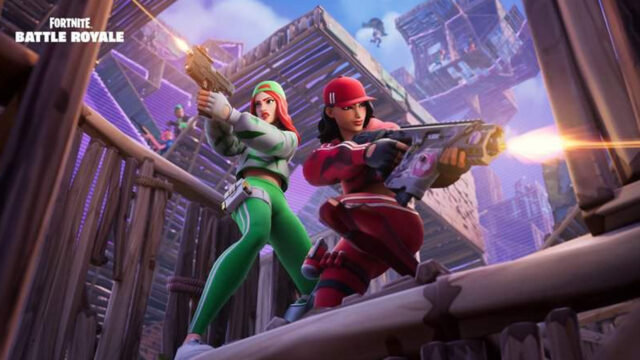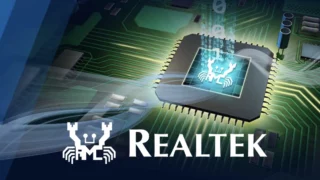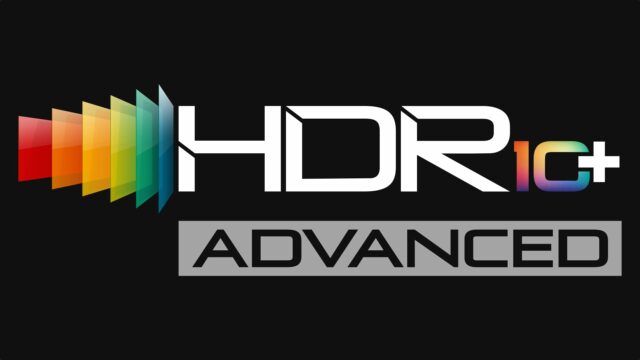The latest Fortnite update introduced players to a groundbreaking NPC: Darth Vader, now capable of real-time, dynamic conversations. Unlike traditional voice lines, this Vader speaks back, responds, and adapts—powered entirely by artificial intelligence.
This innovation launched during the “Galactic Battle” season, a Star Wars-themed spectacle that thrilled gamers. But the thrill quickly turned into trouble.
The Screen Actors Guild-American Federation of Television and Radio Artists (SAG-AFTRA) filed a major labor complaint. They accused Llama Productions, a signatory company working with Epic Games, of violating union rules.
At the core of the conflict: the use of AI-generated voice for Darth Vader in Fortnite without union consent.
SAG-AFTRA claims that Epic and Llama replaced human voice actors with artificial intelligence without any formal negotiation. They didn’t notify the union. They didn’t consult with their members. They didn’t ask permission.
Darth Vader in Fortnite is a breach of labor rights
To SAG-AFTRA, this wasn’t innovation. It was a breach of labor rights.
The union filed the charge with the National Labor Relations Board (NLRB). Their complaint highlights a rising fear in the entertainment world: AI replacing humans without safeguards.
While Epic has not yet released an official response, industry sources speculate the company might defend its decision under the banner of “technological development.” That won’t fly easily with SAG-AFTRA.
Union leaders insist that collective bargaining agreements must be honored, especially when AI could threaten members’ livelihoods. They argue that using AI to simulate real performers crosses a line—one that must not be ignored.
The conflict exposes a deeper issue: AI vs. human creativity. As generative technologies spread through games, films, and streaming, unions grow more alarmed. Voice actors, in particular, face mounting pressure as studios test AI clones of their work.
SAG-AFTRA has warned about this for months. They’ve organized strikes. They’ve led awareness campaigns. They’ve lobbied for new rules. Now, this Fortnite incident may become a turning point.
The union sees this lawsuit as more than a legal action. It’s a defense of artistic labor in the AI age. Many fear that if companies like Epic proceed unchecked, voice actors could vanish from digital worlds altogether.
The case also underscores the growing power of non-human content in mainstream media. AI Darth Vader represents a fascinating leap in interactivity—but at what cost?
As the legal battle unfolds, developers, studios, and tech giants will watch closely. The decision may redefine how AI is allowed—or restricted—across all creative industries.
Will the Force favor technology? Or will it return to the artists who gave characters like Vader a voice in the first place?
One thing is clear: the war over who gets to speak in digital worlds has only just begun.














